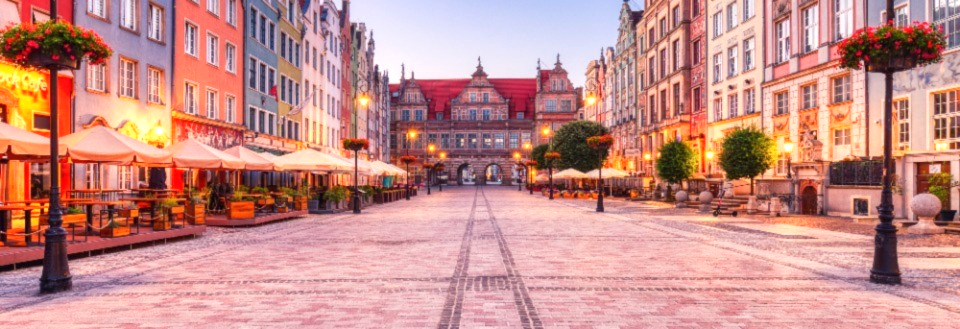Namibia is the place to go for travellers who want to avoid being overrun by other tourists, and who also want to experience beautiful landscapes with fantastic deserts and national parks. What's more this African country offers sunshine 300 days a year.�
Namibia
Windhoek (161.000)
824.292 km2
English. Afrikaans, German, Herero and Owambo are also widely spoken.
Christianity
1.643.000 (1999)
Republic
A great deal of Namibia consists of desert with endless sandbanks. Nevertheless, there are also lush areas in Namibia. Amongst other places, the capital Windhoek is quite like an oasis because it rains regularly here. During the summer it can be scorching hot in the desert. The country lies on the coast of the Atlantic Ocean and borders with Angola and Zambia to the north, Botswana to the east and South Africa to the south.
The most pleasant time to visit Namibia is definitely during the dry winter season, which is from May to October. From December to March it gets extremely hot, and it can be unbearable to spend time in the national parks, which are normally some of the most popular attractions.
Lonely Planet Zimbabwe, Namibia, Botswana
Footprint Namibia Handbook: Travel Guide
Insight Guides Namibia
Namibian dollars (NAD)
Internet cafés are not exactly in abundance in Namibia, however, it is possible to find Internet cafés both in Walvis Bay and in the capital of Windhoek.
Tips are only given in extremely touristy areas, where a 10 percent tip is what is normally given.
When it is noon in the UK (12:00), it is 14:00 in Namibia.�
Following weight and measurement units are used in Namibia:
Length: the metric system
Weight: kilos
You can take pictures everywhere in Namibia, however you should be aware of specific rules that may apply when taking pictures in nature reserves. You should ask permission before taking a picture of a person.
It is inadvisable to drink tap water in Namibia.
The following power source is used in Namibia:
220/240 volts AC/50 Hz
Western norms are prominent in Namibia, which means that you can behave as you would at home. This includes visiting private homes.
The colonial era has left a mark on Namibian cuisine. This is why the food in restaurants and in cafés is largely inspired by Germany. Schnitzels and beer are widely available, but local Namibian food includes biltong, which is air-dried flesh, or ausfleisch, which is smoked flesh.�
Disabled travellers will find few facilities in Namibia. The Namibian people are very friendly though, and are often willing to help out. However, it is not recommended that you travel alone if you are disabled and require special aid or installations.�
New Year's Day, January 1st
Independence Day, March 21st
Worker's Day, May 1st
Cassinga Day, May 4th
Africa Day, May 25th
Heroes' Day, August 26th
Goodwill Day, October 7th
International Human Rights Day, December 10th
Christmas Day, December 25th
Family Day (Boxing Day), December 26th
There are camping sites in Namibia's nature parks. Etosha National Park in particular has very good facilities.
In Namibia there are hotels within all price ranges. They range from one star to five star hotels. However, luxury hotels are found mainly in the capital.
B&Bs can be found in Namibia, but mainly in the larger towns. It is possible to rent huts in the national parks.
There are few hostels in Namibia.
You can rent huts in nature reserves and parks in Namibia. Etosha National Park in particular has very good facilities.
Air Namibia has daily flights between the large cities in the country. Domestic flights are very cheap.
Buses are practically non-existent in Namibia. However there are luxury buses which go from Windhoek to other large cities in the country.�
The railroad is quite extensive, and there are different classes on which you can travel. Trains connect large and medium sized towns, but it takes a substantial amount of time to travel by train here.
Taxis are accessible in Namibia's larger cities. This is a cheap method of transport.
Cars can be rented in the large cities and in airports.
There are no large ferries in Namibia. It is possible to go for a sail on small boats from Lüderitz.
The Desert Express is a luxury train that goes between Swakopmund and Windhoek. The train is aimed at tourists, and the trip includes several stops in areas where you can see lions and take a walk in the desert sand.
Some places in Namibia offer balloon safaris. This is a very special way of experiencing the desert landscape.
